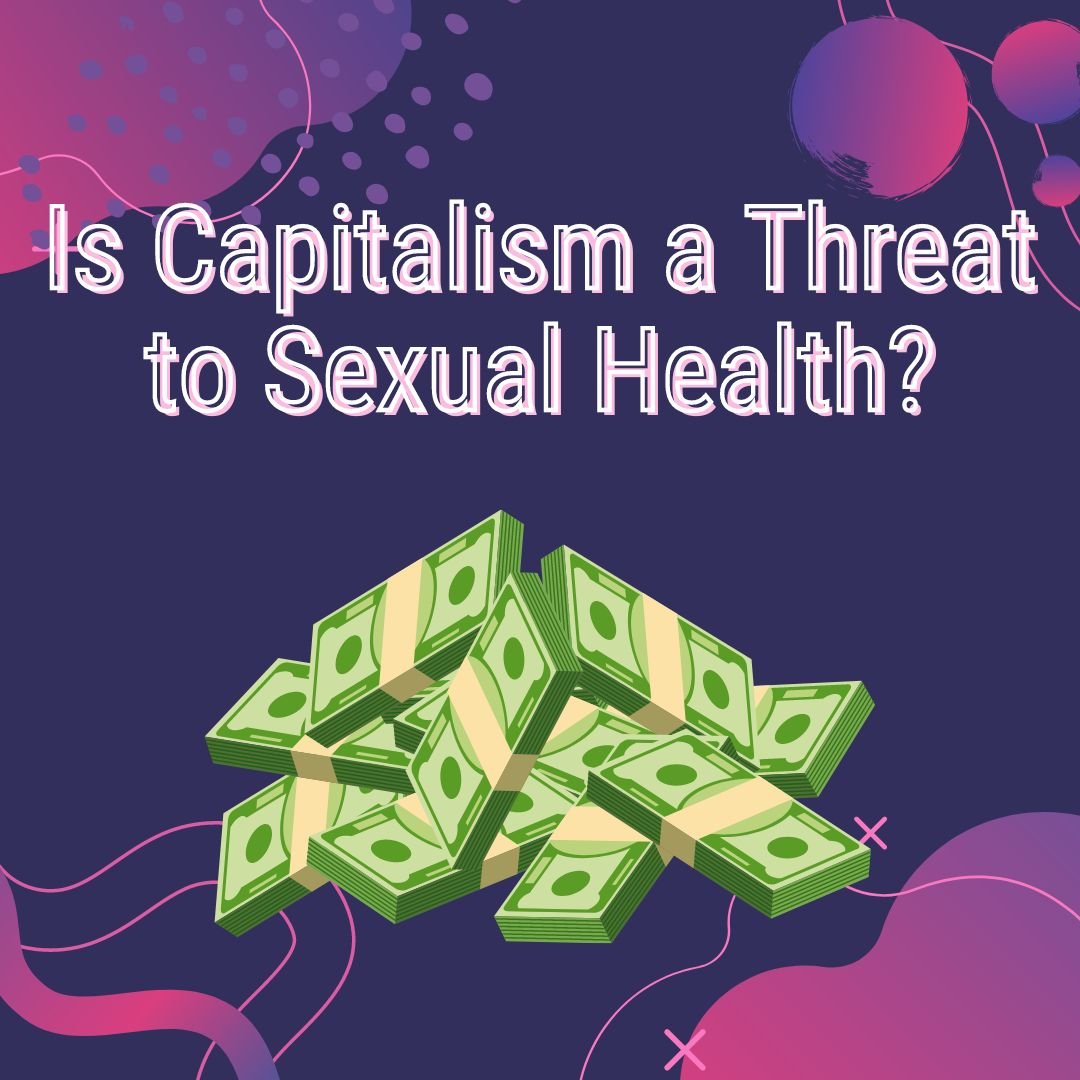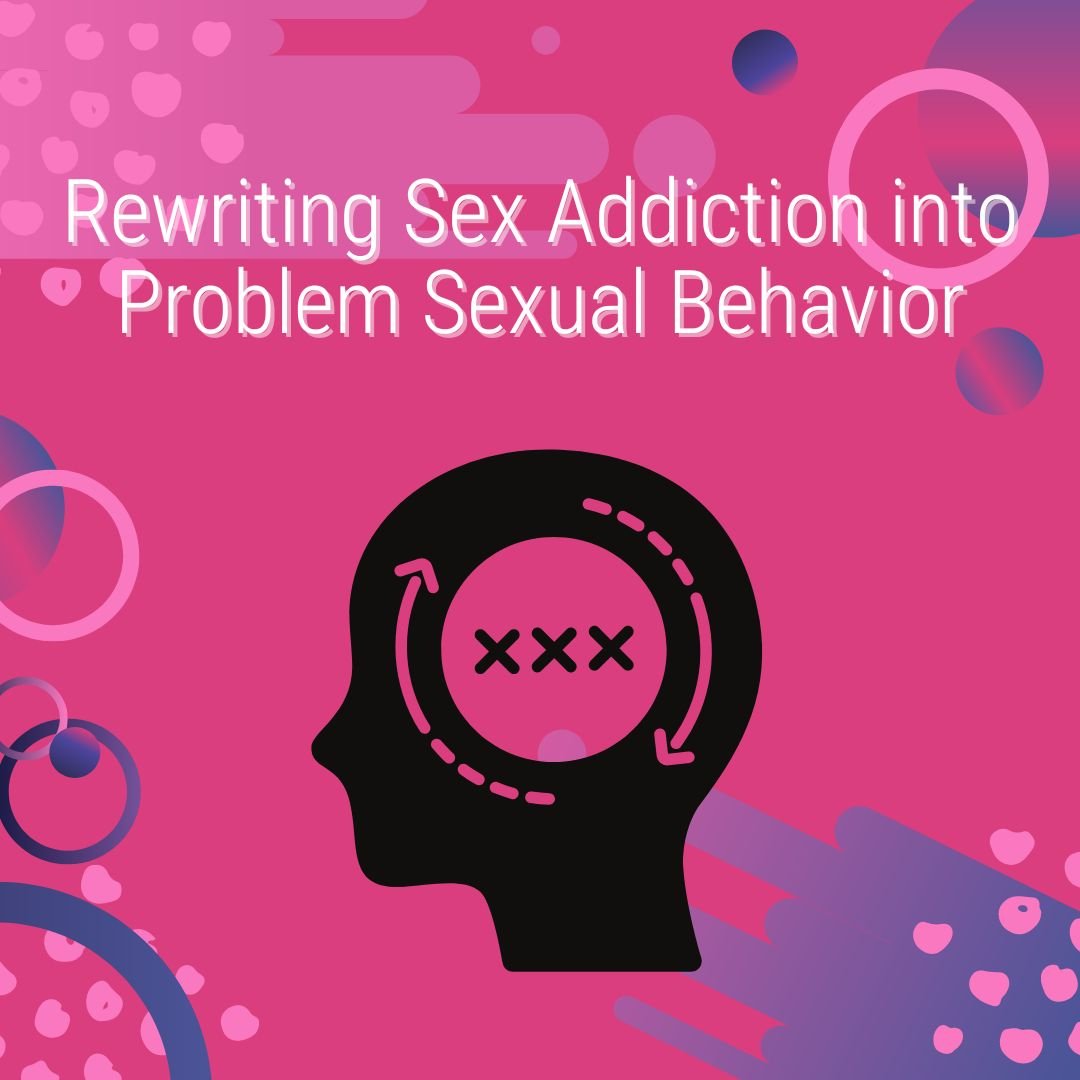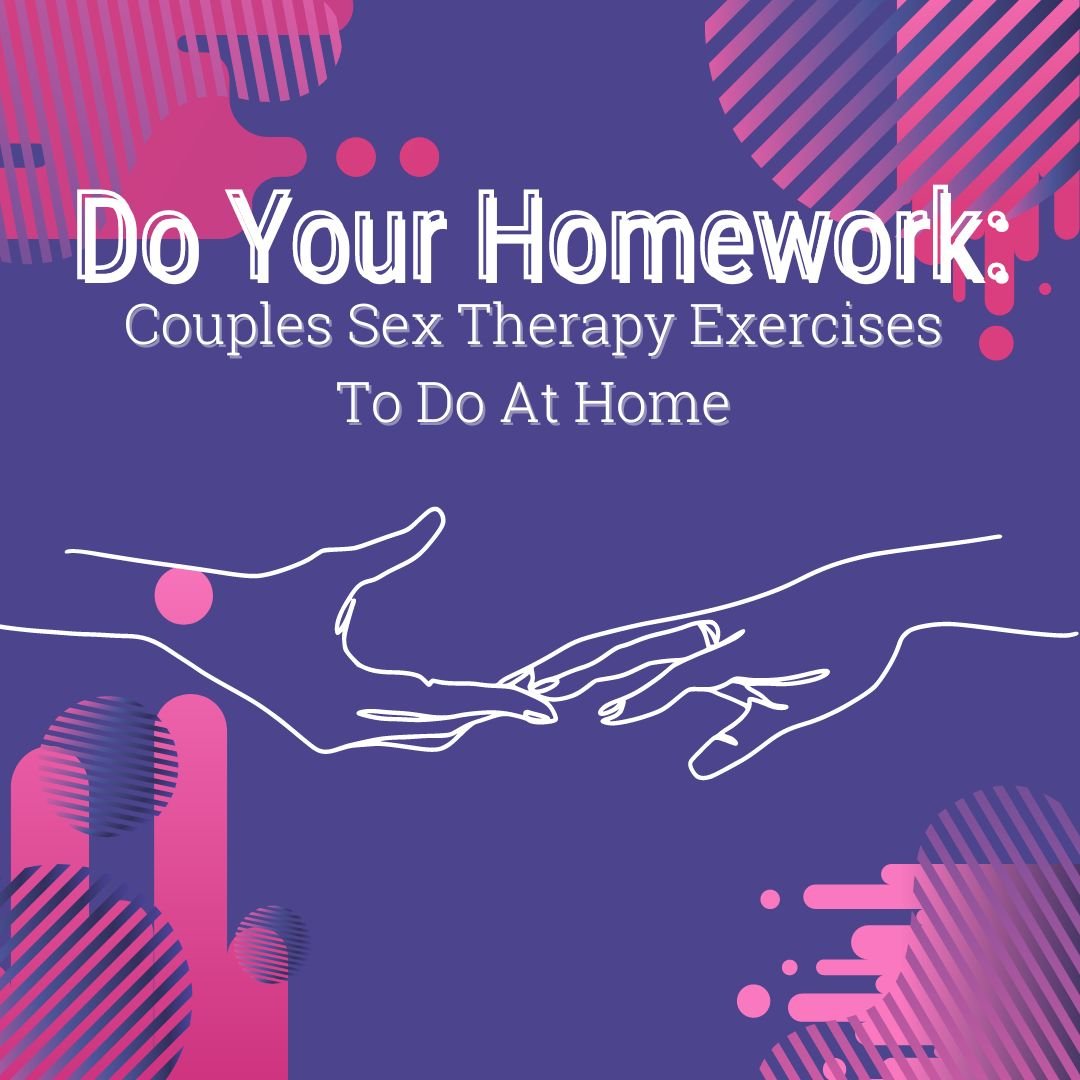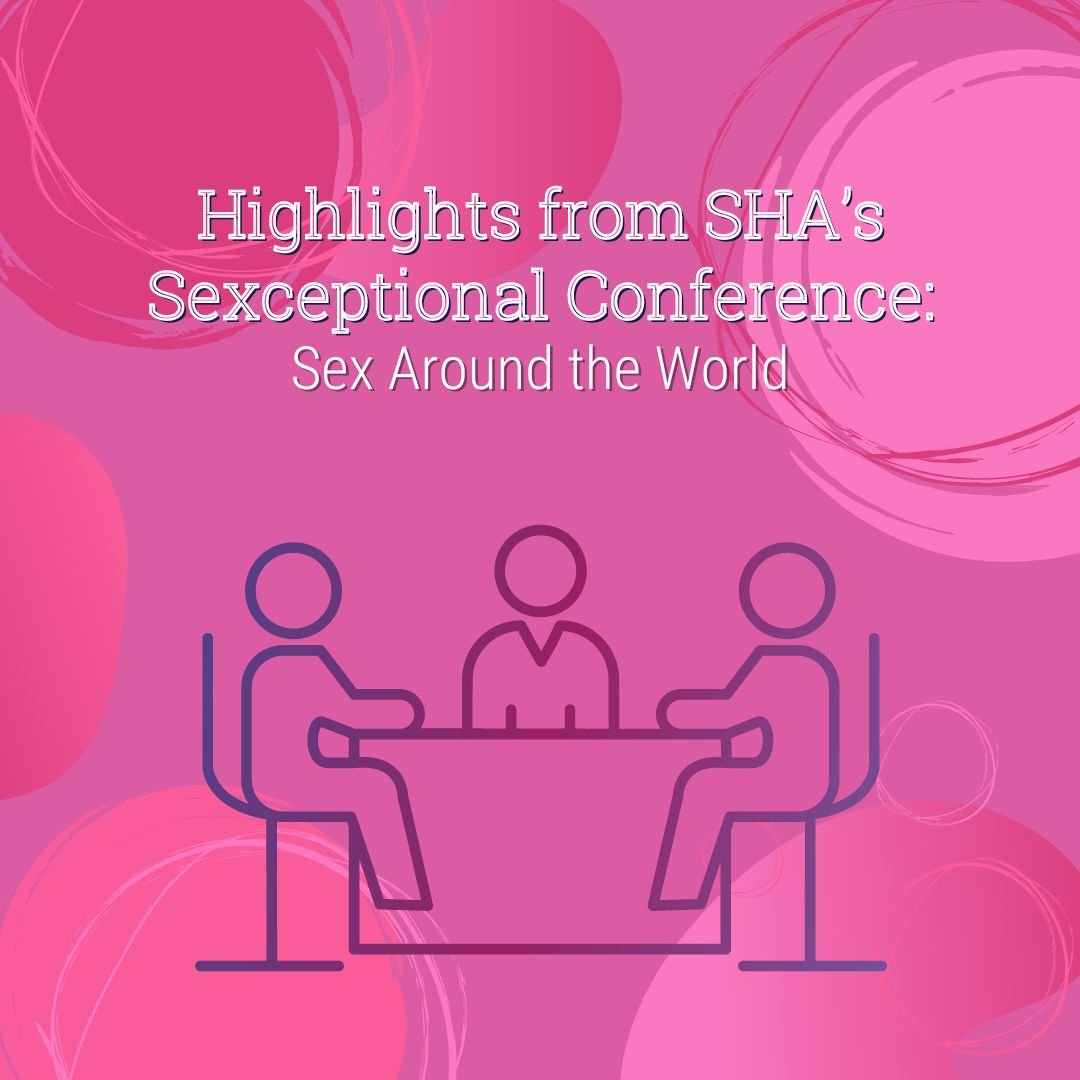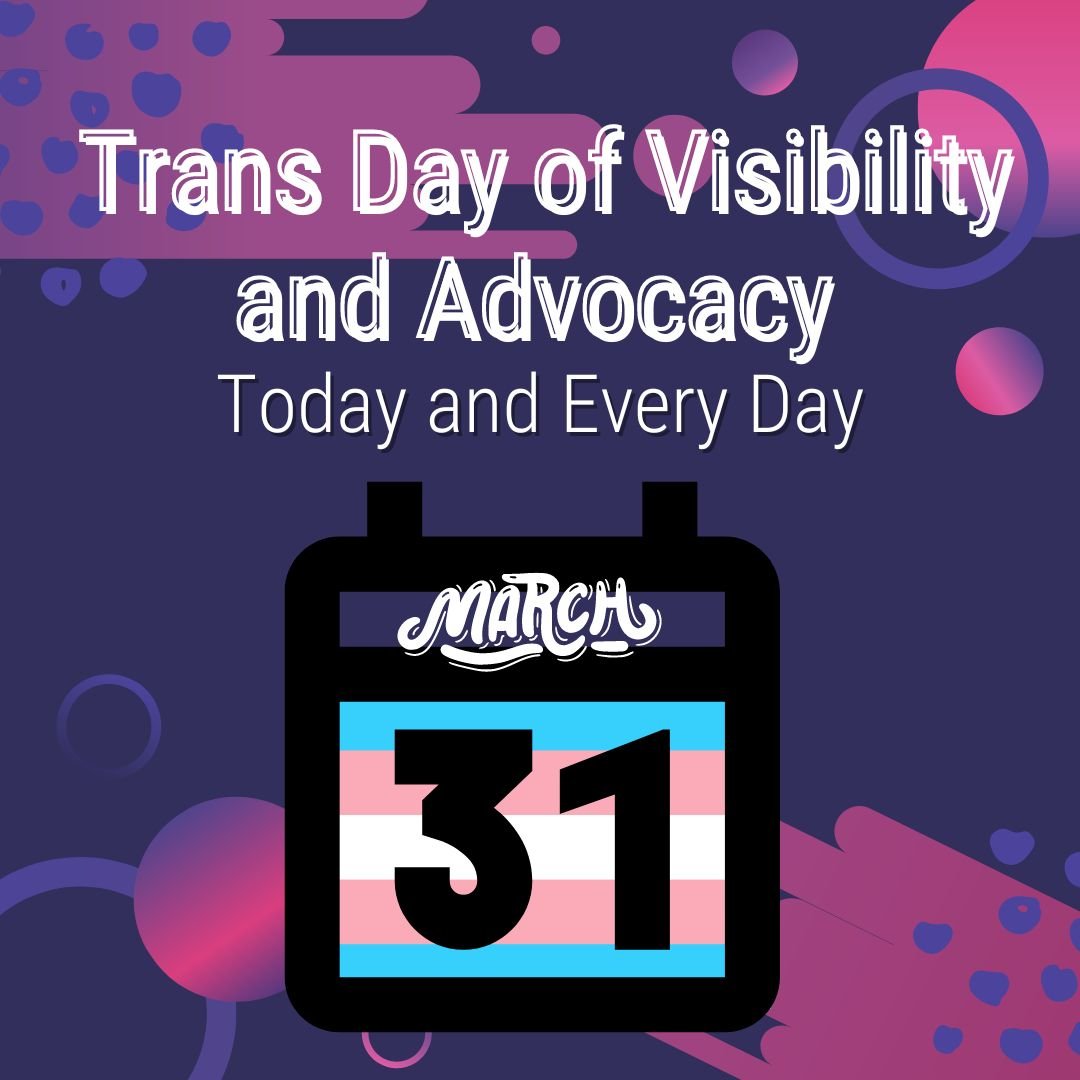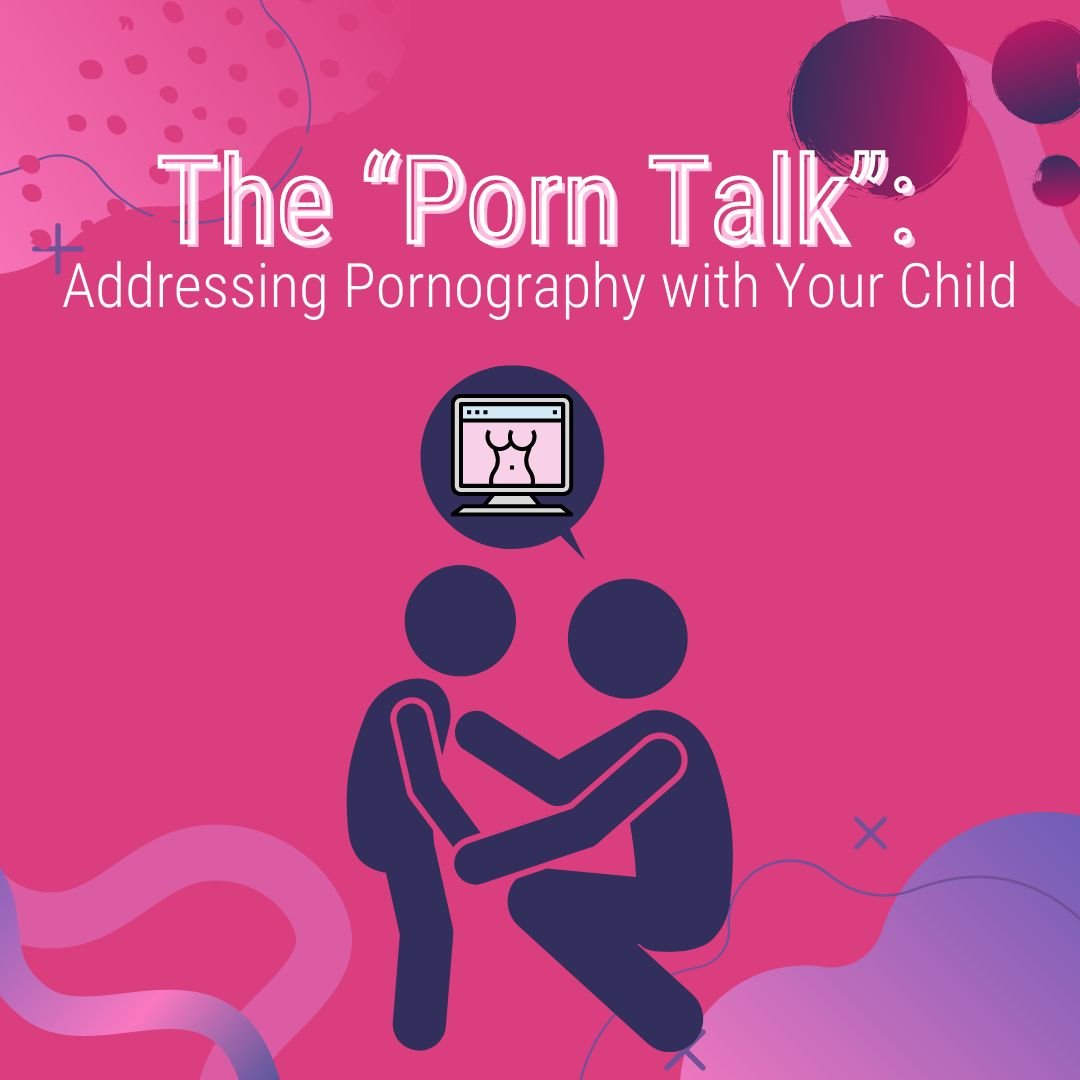Whereas the United States and Canada celebrate the past, present, and future of the labor movement on Labor Day (observed the first Monday of September every year), many other parts of the world designate and celebrate May 1st as International Workers’ Day—also known as May Day. The scope of the labor movement is varied and vast, uniting workers from professions ranging from food service to healthcare, from construction work to sex work, all joining together toward the common goal of improving work conditions, advocating for fair wages, and—perhaps most fundamentally—resisting the ever-rising tide of capitalist exploitation.
At the Sexual Health Alliance, our specialty is progressive and radical education on sex and sexuality that helps us all build a more sex-positive future—a future, that is, in which the personal sexual self-determination of informed, risk-aware, consenting adults is respected, protected, and nourished. With that goal in mind, we might take the occasion of International Workers’ Day as a time to pause, reflect, and ask a very particular question: could capitalism itself pose a threat to sexual health?



